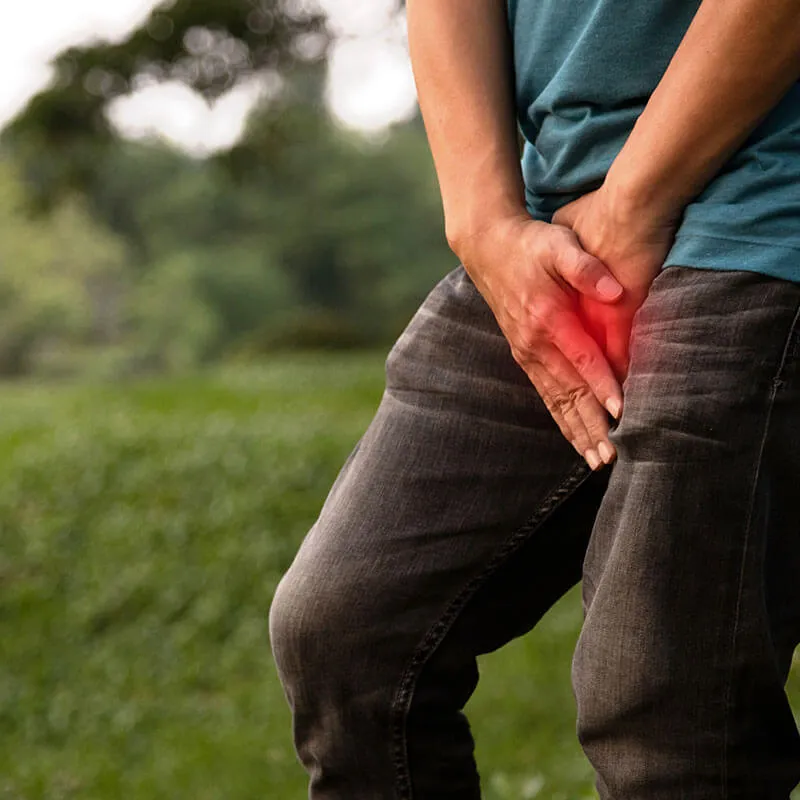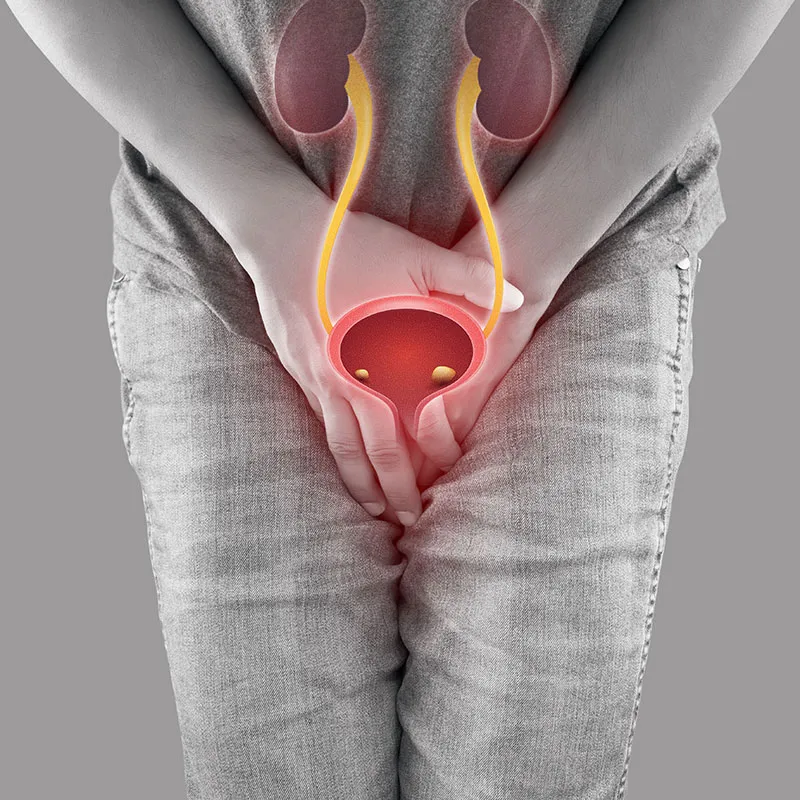What is Urethral Stricture?
Imagine your urethra as a tiny tube carrying urine from your bladder out of your body. Now, picture a situation where this tube becomes narrow or even blocked. That's what we call a Urethral structure.
Causes:
- Scar tissue formation due to inflammation or injury
- Sexually transmitted infections (STIs)
- Surgical procedures involving the urethra
Symptoms:
- Difficulty initiating or maintaining a urine stream
- Frequent urge to urinate
- Pain or burning during urination
- Discharge from the urethra










